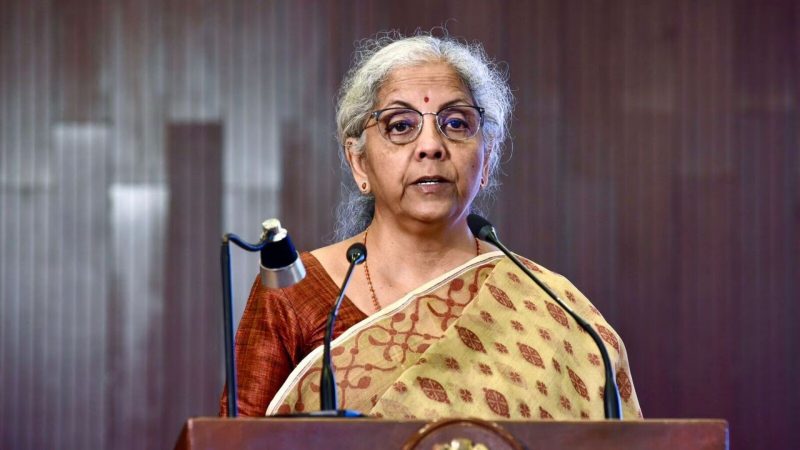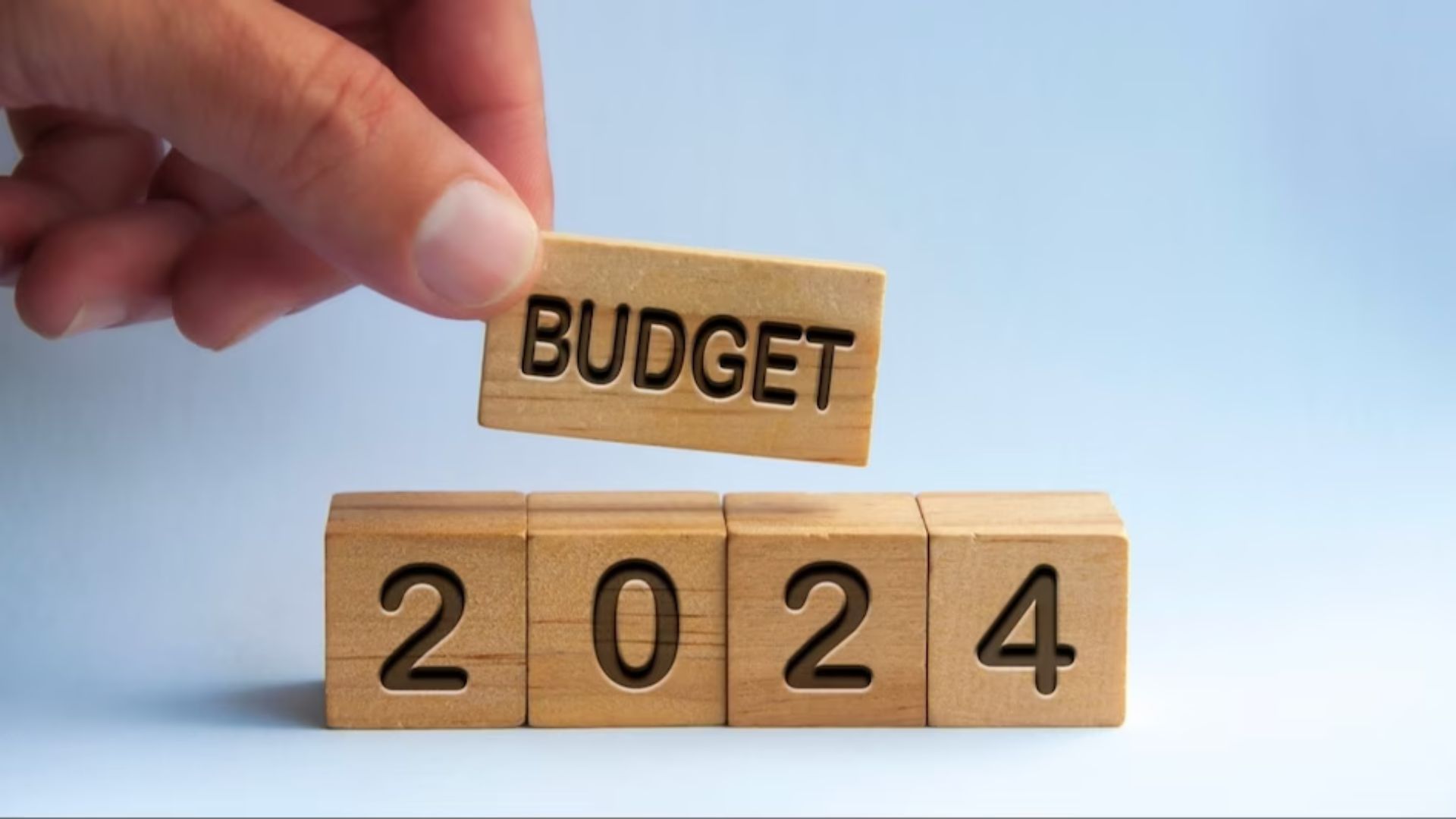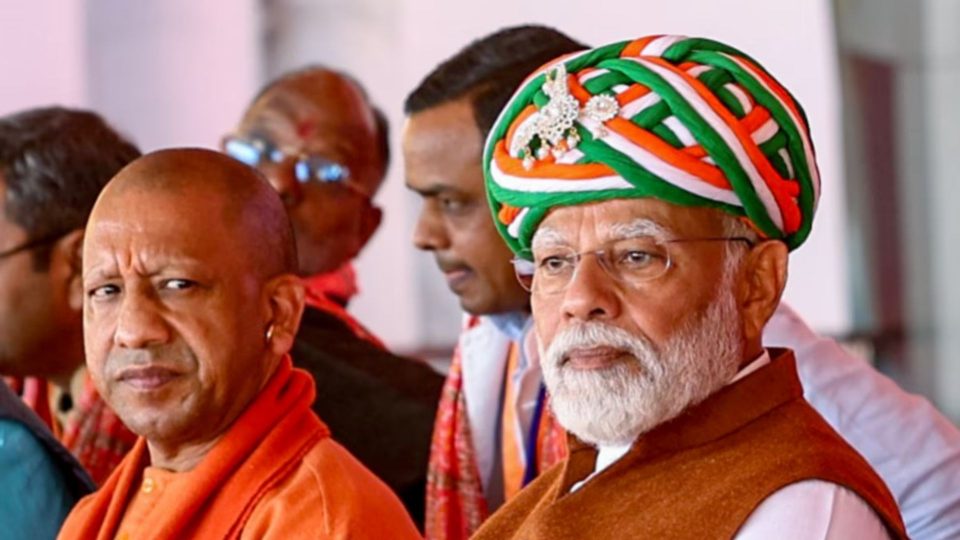Budget 2024 is expected to be tabled on February 1, 2024. It will be an interim budget enabling the Government to utilise all resources, revenue and expenditure till a new Government is formed through parliamentary elections, expected later this year. The chances of any significant changes are quite low, as the Finance Minister Nirmala Sitharaman has already hinted that the interim budget will be entirely different from spectacular announcements.

Budget 2024, No Significant Changes are Expected
Irrespective of what FM Nirmala Sitharaman indicated, the economy has performed quite well even during the inflation era, and we can expect some changes to be announced, making the interim budget devoid of any flaws and offer some financial assistance to a common man. This article will share an in-depth understanding of the new upcoming changes that might come true.
Right now, the tax rates for different types of taxpayers are quite reasonable. In the last budget, the government made taxes simpler for individuals. So, it’s unlikely they’ll make big changes to tax rates, especially for individuals. However, some people think the 25 percent surcharge for those in the highest tax bracket is a bit too high. Even though it only affects the top earners, the government might think about lowering this surcharge to bring down the highest possible tax rate for individuals.
Tax Rates, ETFs, and Insurance Plans
The government seems likely to continue the low tax rate of 15 percent for new manufacturing companies past the current March 2024 deadline. This supports the ongoing effort to boost Make in India.
As a policy, the government has been moving away from encouraging investment-linked deductions. The limit of Rs 1,50,000 on these deductions is considered low, given the increasing income levels and inflation. Unfortunately, this has also led to a decline in the domestic savings rate.
Also read:
The Guide For The Benefits and Key Considerations of Tax-Saving Fixed Deposits
To address this, the government could consider raising investment limits for stock market-linked options like mutual funds, ULIPs, and ETFs. Additionally, increasing the deduction limits for individual health insurance premiums, currently set at Rs 25,000 (Rs 50,000 for senior citizens), may help cope with rising medical costs.
With the government’s focus on infrastructure development, there’s a chance to enhance public funding options. Currently, individuals can invest up to Rs 50 lakhs in NHAI bonds for tax exemptions on property sale gains. To align with rising property prices and inflation, the government could consider raising this limit to Rs 1 crore or at least Rs 75 lakhs.




